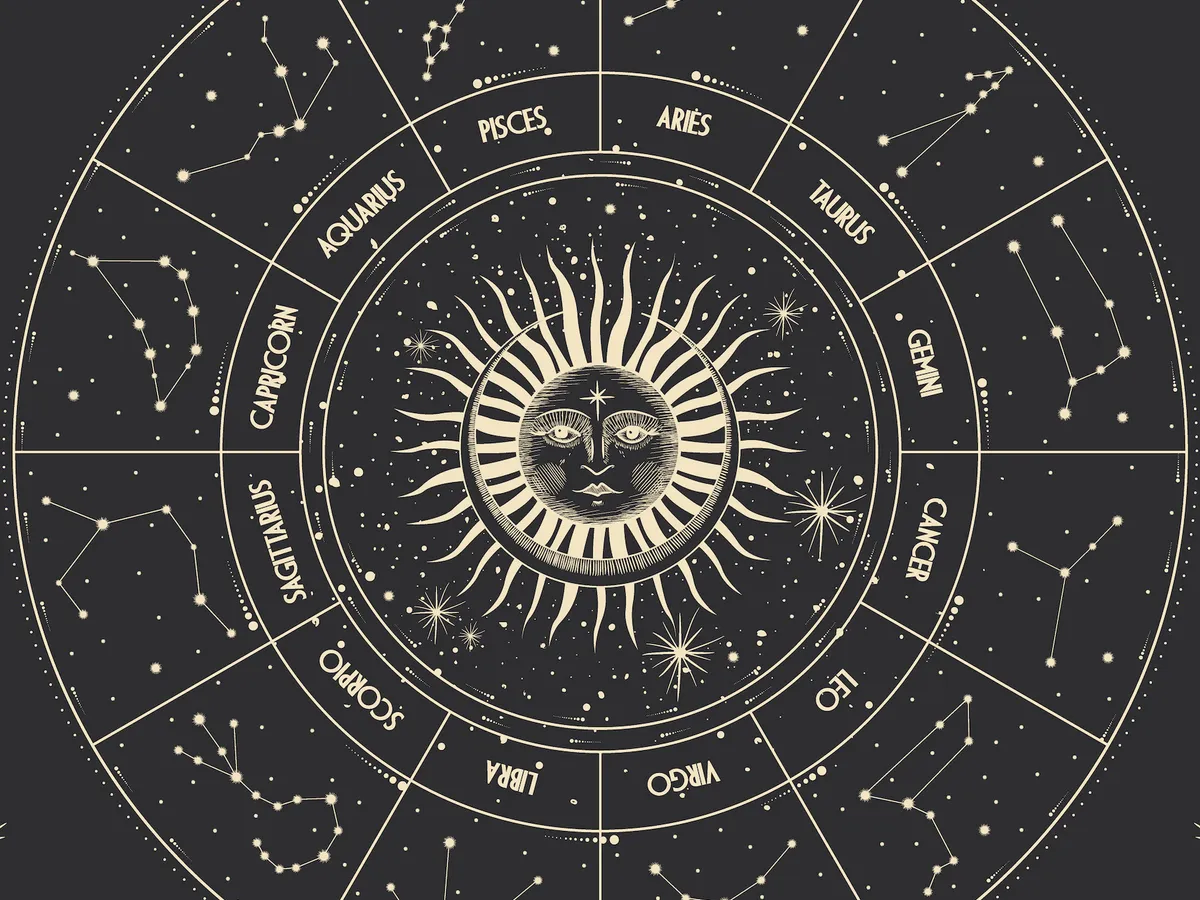In a move that has sparked significant controversy, Sanxing Transportation, a company based in Guangdong Province, China, has announced a ban on hiring individuals born in the “Year of the Dog.” This decision is rooted in traditional Chinese zodiac beliefs, which view the Dragon and Dog signs as opposing forces that may lead to misfortune.
The company, which offers monthly salaries between 3,000 and 4,000 Yuan (approximately Rs 35,000-Rs 45,000), explicitly requested that applicants born in the Year of the Dog refrain from applying. According to the South China Morning Post (SCMP), the policy reflects the belief that zodiac signs, associated with the five elements of metal, wood, water, fire, and earth, influence compatibility. The Dragon is linked to water, while the Dog is associated with fire, and this elemental clash is thought to create discord.
A staff member of Sanxing Transportation explained to Hubei Television that the company’s decision was based on these astrological principles. The company has even indicated that it would prefer hiring less qualified candidates whose zodiac signs do not conflict with that of the company’s boss, born in the Year of the Dragon.
Legal expert Wu Xingjian from Hubei Chisheng Law Firm acknowledged that while the company’s approach might seem discriminatory, it is not illegal in China to make hiring decisions based on zodiac signs. This unusual practice has drawn criticism but is not entirely unprecedented. Previous reports from The New Republic have highlighted similar zodiac-related discrimination in China’s job market, such as biases against individuals born under the Virgo sign.
According to Feng Shui theories, if individuals with opposing zodiac signs work together, they can use lucky charms to harmonize energies and improve workplace dynamics. However, such remedies appear to be overlooked in the case of Sanxing Transportation.
This incident underscores ongoing debates about the intersection of traditional beliefs and modern employment practices in China.







